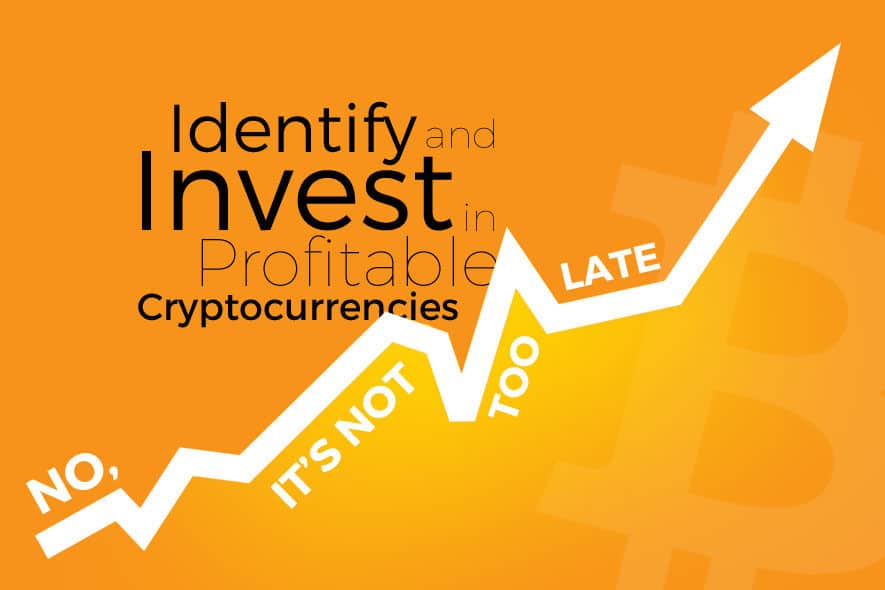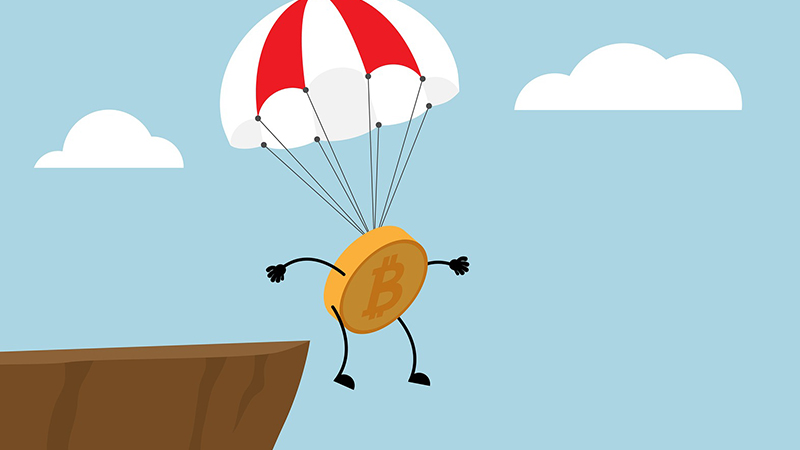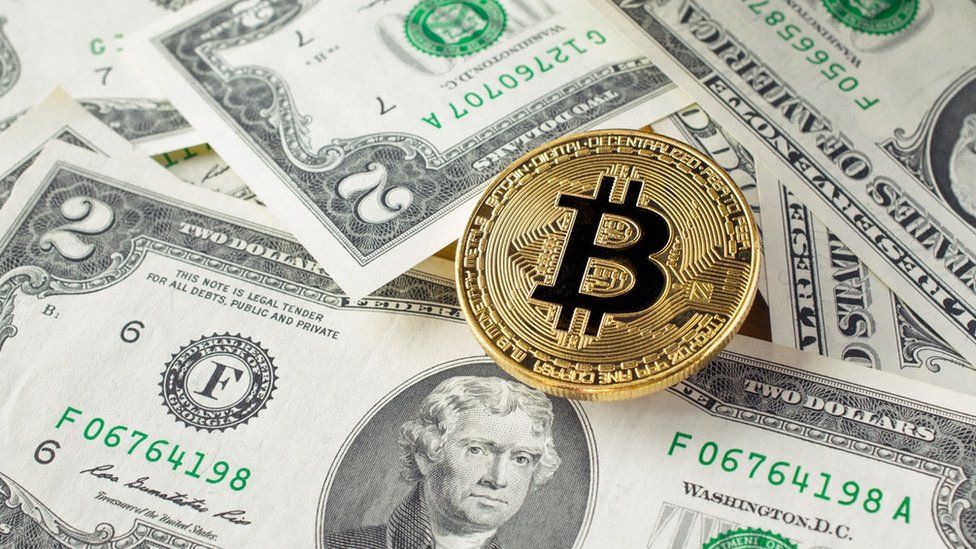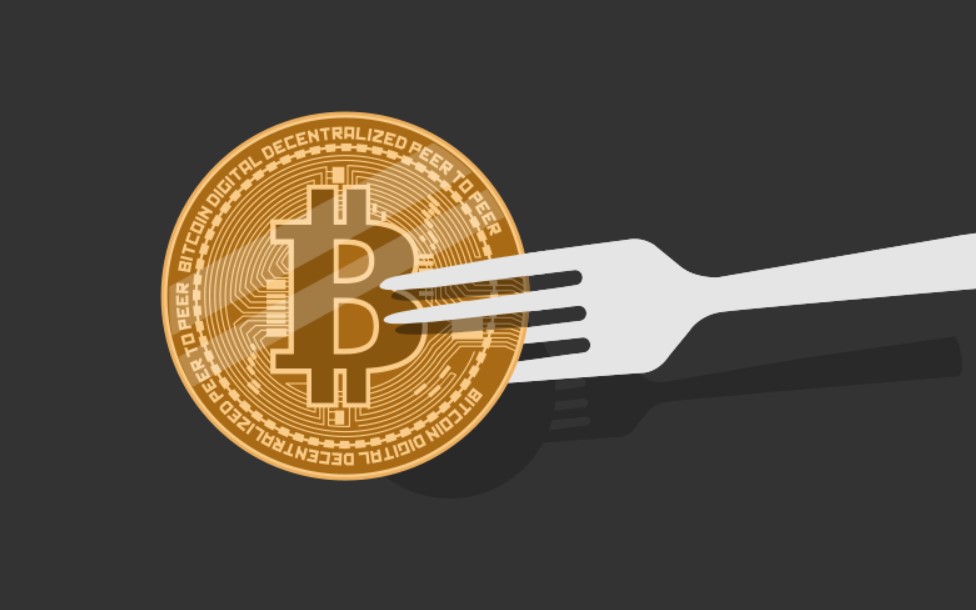The Future of Government-Issued Cryptocurrencies
Statements and opinions from politicians, bankers, financiers, and experts who advocate that Bitcoin is not a revolution but a mere bubble are increasingly appearing in online publications. Of course, the words of famous and influential people such as Warren Buffett, who speak out against cryptocurrencies, have a deterrent effect on the market. But does it mean the governments will ultimately turn down the idea of having a state cryptocurrency?
‘Bitcoin Is a Bubble’
It is the claim that hundreds have already made. However, those were people who influence financial markets, primarily due to the capital on their hands, which exceeds the entire cryptocurrency market a hundredfold. However, whether Bitcoin is actually a bubble is very early to say because the fact can be established only when the bubble bursts, which is far from being a possibility today. The further development of the cryptocurrency market is as much a matter of faith as is the solvency of any fiat currency in the hands of the government financial system. But, of course, given such a low level of capitalization of the cryptocurrency market, barely reaching the volume of $150 billion, it is very early to say that Bitcoin and alternative cryptocurrencies can replace the fiat money market today. However, the growth dynamics demonstrated by cryptocurrencies shows that such a prospect is much closer than one can imagine, and this makes people who hold the main capital in their hands try to create a wave of panic among those who are not afraid to invest in Bitcoin.
‘A State Crypto Is Impossible’
The main reason it is impossible to create a crypto dollar or any other state cryptocurrency is its main and principal postulate – decentralization. As we know, a cryptocurrency must be calculated using computers as part of the distribution registry chain. Mining is the basis of the decentralized creation of cryptocurrencies, ensuring the absence of a single issuing center, guaranteeing security, both from double entry and protection from exchange rate manipulation, unlike central banks that can influence it by discount rates. Therefore, it is rather difficult to imagine a situation where any current government would transfer the right to issue money circulating in its jurisdiction to independent miners.
Alternative Economy
By using cryptocurrency, you can buy and sell anything, anywhere in the world, regardless of bans and restrictions imposed by governments. In fact, Blockchain is not only outside of the jurisdiction of those who impose bans on ICOs, cryptocurrency trading, and circulation today and outside of their understanding of how the distribution registry system works in general. Of course, one cannot say with absolute certainty that investing in Bitcoin is absolutely safe, just as one cannot say the same about any other currency, stock, or bond, but we can definitely determine that now the cryptocurrency market is at the very beginning of its development path, opening up huge prospects for the future of investing and doing business without borders.
Switching to Crypto
Along with the development of the cryptocurrency market, the interest in distributed ledger technology began to grow. That is why the central banks of leading countries, such as the USA, Japan, and China, plan to implement blockchain in their financial sector and transfer national currencies to the digital space. The conversion of the monetary system into the blockchain, with cryptocurrency guaranteed by the states, not only simplifies the process of exchanging goods and trade balance but also makes the global financial system more transparent and self-organized. However, there are specific problems in the transition of the global financial system to the blockchain, which hinder technology integration into the work of central banks. For instance, who will issue the currency? There are two options for banks to consider in addressing this issue: to split the confirmation system into designated reserve banks that act as miners, similar to the U.S. Federal Reserve, or to put this function in the hands of commercial banks, leaving them with only a record-keeping function, with no issuance authority.
What About Cash?
It is indeed a problem with no quick solution. After all, not all people these days can use cryptocurrencies, both technically and economically. It is indicated by the low level of technical progress in third world countries and by a high percentage of people born in the first half of the 20th century who have severe problems with IT technologies.
Mutual Understanding
There have not been many negotiations regarding the transition to blockchain. However, the World Bank and the IMF have taken a proactive stance in exploring this technology, which in the next 5 to 10 years will invariably lead to a format of negotiations similar to the Bretton Woods Conference. Making some conclusions, however, does not require the expertise of global organizations. In the case of a national blockchain, it is fair to presume that mining may be simply useless.
After all, the national cryptocurrency would be mined by the issuing center under the control of the National Banks, creating its own alternative, guaranteed, and GDP-backed blockchain. With the emergence of national blockchains using atomic power, the Schnorr signature, and other advantages, most disparate, competing cryptocurrencies will disappear under the onslaught of those assets that will have real value underneath them. Such cryptocurrencies with high growth prospects can already be found in the lists of projects presented at ICOs. It is only necessary to look closely; among them you will discover many ICOs aimed at food production, cyber security, information storage, development of artificial intelligence, etc. For each ICOs, a unique cryptocurrency is created, which has the character of a medium between a means of payment and security. Working within a micro-financial system makes fertile ground for blockchain investing today. It is safe to say that nothing is certain regarding the adoption of blockchain by the governments “en masse”. Some may even say the existing contradictions between cryptocurrencies and the fiat money system make any integration impossible. One thing is sure, however – when the benefits of digital coins will become too apparent for the governments to ignore, the solution may come in the blink of an eye, for if there’s a will, there’s a way.
For premium readers







